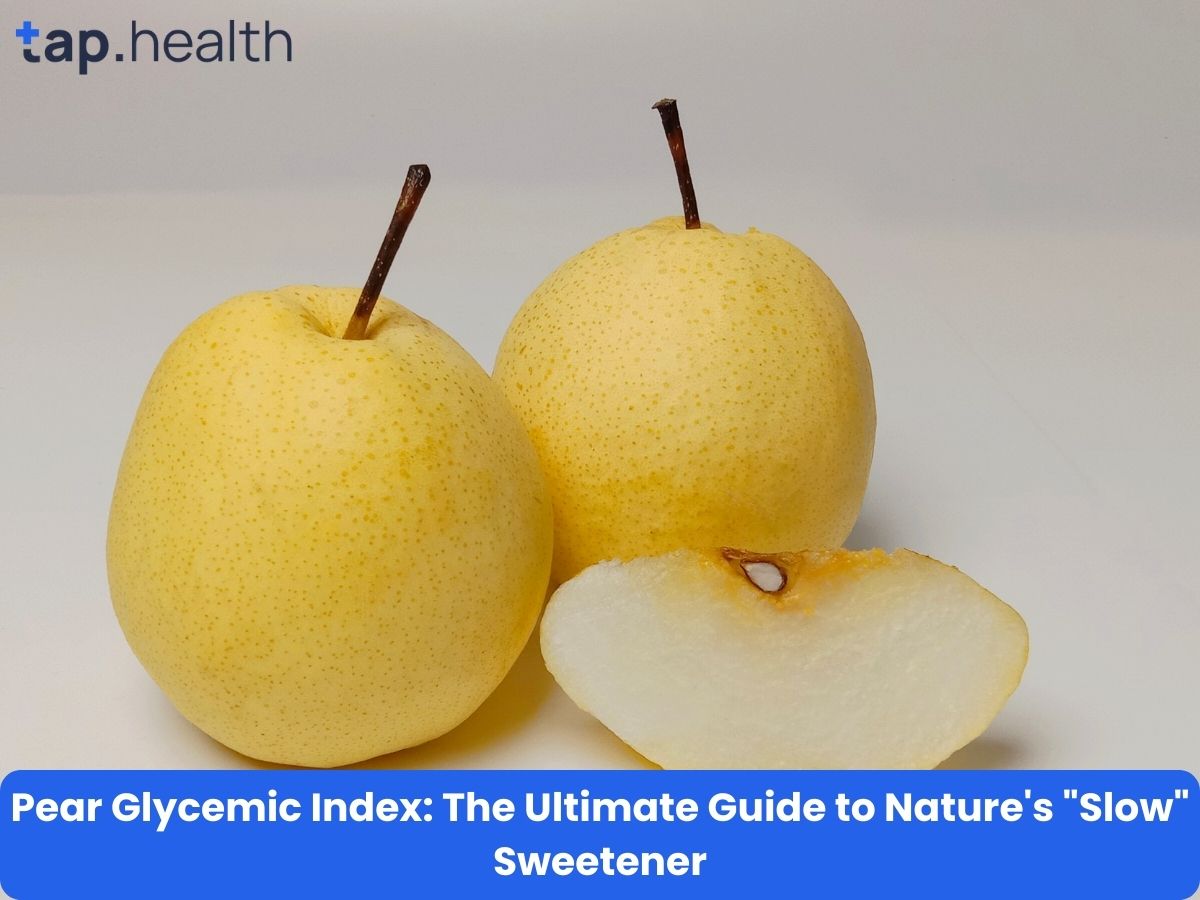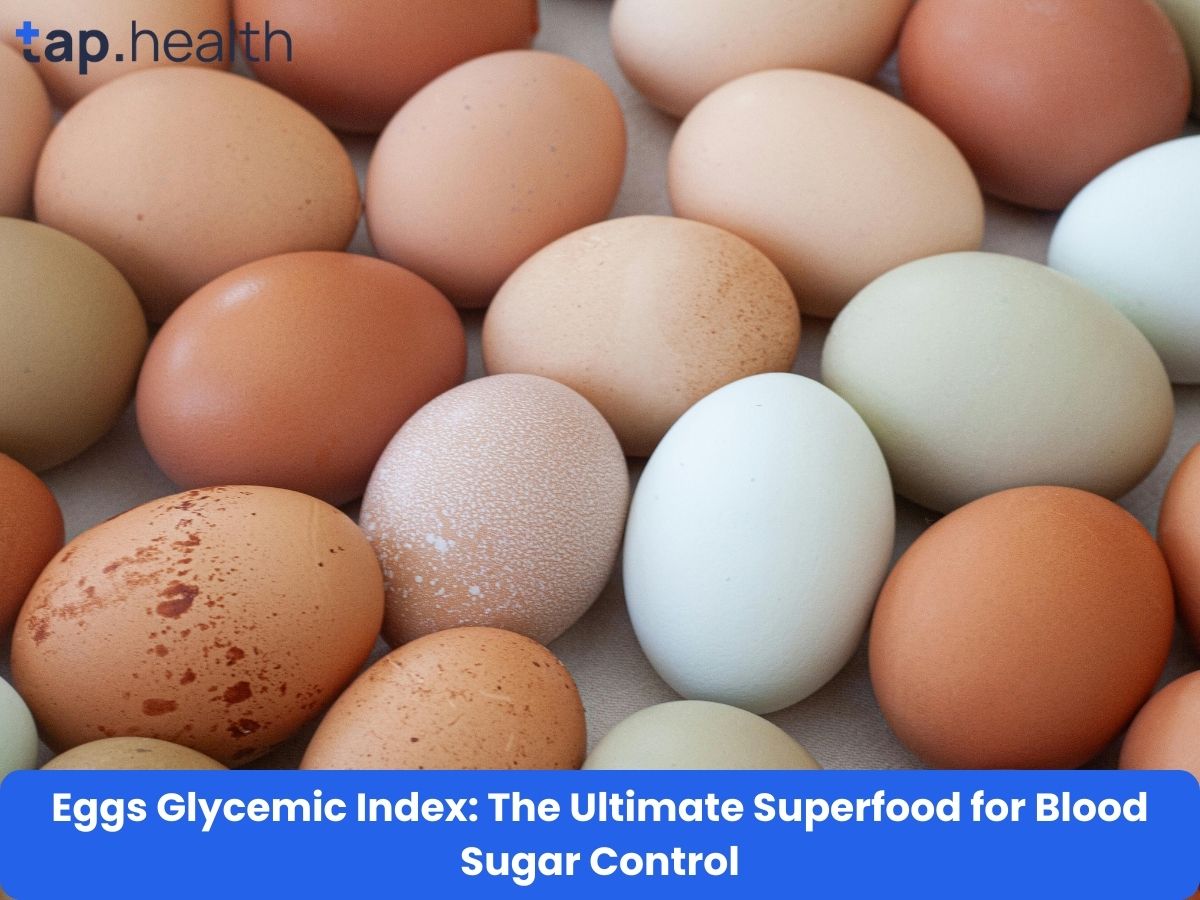After a rigorous workout session, your body needs the right nutrients to recover and perform at its best. While protein shakes are often the go-to option for muscle repair, post-workout juices can also play an essential role in recovery and weight loss. These juices are packed with vitamins, minerals, and antioxidants that can help reduce inflammation, replenish glycogen stores, and accelerate muscle repair.
In this blog post, we’ll explore some of the best post-workout juices that can help you recover faster and even aid in weight loss. We will also break down the key ingredients in these juices, explain how they benefit your body, and give you some delicious recipes to try.
Why Post-Workout Juices are Important for Recovery and Weight Loss
After an intense workout, your body goes through a recovery phase, during which it needs to repair muscles, restore glycogen (the body’s energy stores), and reduce inflammation. The right post-workout drink can help speed up this process and prevent fatigue or muscle soreness. Post-workout juices are rich in vitamins, minerals, electrolytes, and other nutrients that are essential for muscle repair, recovery, and weight loss.
Key Benefits of Post-Workout Juices
- Muscle Repair: Juices rich in antioxidants, like vitamin C and E, help reduce muscle damage caused by exercise and support muscle repair.
- Replenishing Glycogen: Carbohydrates found in fruits and vegetables help restore glycogen levels, which fuel your muscles.
- Boosting Metabolism: Certain ingredients like ginger and citrus can boost metabolism, making it easier to burn fat and lose weight.
- Reducing Inflammation: Ingredients like turmeric, pineapple, and berries have natural anti-inflammatory properties that can speed up recovery and reduce muscle soreness.
- Hydration: Post-workout juices, especially those that include coconut water or cucumbers, are hydrating and help maintain electrolyte balance.
The Best Post-Workout Juices for Recovery and Weight Loss
Let’s dive into some of the best juice options that can support both your recovery and weight loss goals. These juices are not only refreshing but also packed with the nutrients your body craves after exercise.
1. Green Juice for Recovery and Weight Loss
Green juices are an excellent way to get your body back on track after a workout. They are loaded with nutrients, including potassium, iron, and magnesium, which help with muscle recovery, and the chlorophyll in leafy greens helps to detoxify your body.
Ingredients:
- 1 cucumber
- 2 celery stalks
- 1 green apple
- 1 handful of spinach or kale
- 1 tablespoon of lemon juice
- 1-inch piece of ginger
Benefits:
- Cucumber and Celery: These vegetables are hydrating and low in calories, which can help with weight loss.
- Green Apple: Provides a natural sweetness while offering a good dose of fiber.
- Spinach/Kale: Packed with iron and magnesium, which aid muscle function and recovery.
- Lemon: Boosts metabolism and supports detoxification.
- Ginger: Helps reduce inflammation and improves digestion.
2. Tropical Recovery Juice
This tropical blend is not only refreshing but also packed with essential vitamins and minerals that can support both recovery and weight loss. The natural sugars in the fruit provide quick energy to restore glycogen levels.
Ingredients:
- 1/2 cup pineapple (fresh or frozen)
- 1/2 cup coconut water
- 1/2 orange
- 1/2 banana
- 1 tablespoon chia seeds
Benefits:
- Pineapple: Contains bromelain, an enzyme that helps reduce inflammation and muscle soreness.
- Coconut Water: A great source of electrolytes that helps with rehydration and recovery.
- Orange: Rich in vitamin C, which promotes collagen production and muscle repair.
- Banana: Full of potassium, which is essential for muscle function.
- Chia Seeds: Packed with omega-3 fatty acids, fiber, and protein, they support muscle repair and digestion.
3. Beetroot Juice for Endurance and Muscle Recovery
Beetroot juice has gained popularity among athletes due to its ability to improve endurance and accelerate muscle recovery. It helps increase nitric oxide levels in the blood, which improves oxygen delivery to the muscles.
Ingredients:
- 1 small beetroot
- 1 carrot
- 1/2 apple
- 1 tablespoon lemon juice
- 1-inch piece of ginger
Benefits:
- Beetroot: Known for improving endurance and boosting blood flow, which helps muscles recover faster.
- Carrot: Rich in beta-carotene, which helps reduce oxidative stress caused by intense exercise.
- Apple: Adds sweetness and fiber, which aids in digestion.
- Lemon: Detoxifies the body and helps with metabolism.
- Ginger: Reduces muscle soreness and inflammation.
4. Citrus Protein Punch
This juice is perfect for replenishing glycogen levels and boosting immunity post-workout. It’s packed with vitamin C, which helps in muscle repair, and the citrus fruits aid digestion and promote fat loss.
Ingredients:
- 1 orange
- 1/2 grapefruit
- 1/2 lemon
- 1 tablespoon honey (optional)
- 1 cup water or coconut water
Benefits:
- Oranges and Grapefruit: High in vitamin C and antioxidants, which support muscle repair and immunity.
- Lemon: Aids in digestion and boosts metabolism.
- Honey: Adds a natural sweetener, and its antioxidants support recovery.
- Coconut Water: Helps rehydrate and restore electrolytes lost during a workout.
5. Berry Blast Recovery Juice
Berries are packed with antioxidants, particularly anthocyanins, which help reduce inflammation and accelerate recovery. This juice is perfect for a quick recovery after a cardio or strength session.
Ingredients:
- 1/2 cup blueberries
- 1/2 cup strawberries
- 1/2 cup raspberries
- 1/2 cup pomegranate juice
- 1/2 cup water or coconut water
Benefits:
- Berries: Full of antioxidants, which reduce inflammation and oxidative stress after a workout.
- Pomegranate Juice: Contains polyphenols that improve muscle recovery and help in fat burning.
- Coconut Water: Replenishes electrolytes and aids hydration.
How Post-Workout Juices Aid in Weight Loss
While the primary goal of post-workout juices is recovery, some ingredients in these juices also support weight loss. Let’s explore how post-workout juices can help you shed excess pounds.
1. Boosting Metabolism
Juices made with ingredients like lemon, ginger, and green tea can naturally boost metabolism. A faster metabolism helps your body burn more calories at rest, which can support weight loss.
2. Suppressing Appetite
Certain fruits and vegetables in post-workout juices, such as apples, berries, and citrus, are high in fiber, which can help control hunger and reduce overall calorie intake. The fiber content keeps you feeling fuller for longer.
3. Increasing Fat Oxidation
Ingredients like ginger, turmeric, and green tea in your post-workout juice may help increase fat oxidation, meaning your body burns more fat as fuel. This can help speed up the weight loss process.
4. Hydration and Detoxification
Proper hydration is essential for weight loss, as it helps control appetite and flush out toxins. Many post-workout juices, especially those with cucumber, coconut water, and citrus, are excellent hydrating agents.
Real-Life Scenario
Ravi, a fitness enthusiast, used to feel tired and sore after his daily workouts. Instead of reaching for sugary energy drinks, he started drinking beetroot and carrot juice every morning post-exercise. Within two weeks, he noticed improved stamina, quicker recovery, and gradual weight loss—all thanks to natural nutrients and antioxidants.
Expert Contribution
Dietitians and fitness experts agree that post-workout juices are an excellent way to restore glycogen levels and rehydrate. According to certified nutritionists, juices containing natural sugars, electrolytes, and antioxidants help muscles recover faster. They recommend avoiding packaged juices with added sugars, as they slow down fat loss and recovery.
Recommendations Grounded in Proven Research and Facts
- Drink within 30 minutes post-workout to maximize nutrient absorption.
- Add protein (like Greek yogurt or chia seeds) to your juice for better muscle repair.
- Stay hydrated with water or coconut water along with juice.
- Avoid added sugars—use natural sweetness from fruits.
- Rotate juices to ensure a variety of vitamins and minerals.
Studies published in the Journal of the International Society of Sports Nutrition show that natural fruit and vegetable juices aid in faster recovery, lower oxidative stress, and help maintain a healthy body weight when combined with regular exercise.
Frequently Asked Questions (FAQs) on Post-Workout Juices to Help You Recover and Lose Weight
1. Can I Drink Post-Workout Juices Every Day?
Yes! Drinking post-workout juices every day can help with muscle recovery and weight loss. Just make sure to vary the ingredients to get a full spectrum of nutrients.
2. What Should I Look for in a Post-Workout Juice?
Look for juices that are high in antioxidants, electrolytes, and vitamins like vitamin C. Additionally, opt for fruits and vegetables that are rich in fiber to help with digestion and fullness.
3. Can Post-Workout Juices Help Me Lose Weight?
Yes, post-workout juices that are low in calories, high in fiber, and made with metabolism-boosting ingredients can aid in weight loss by suppressing appetite and increasing fat oxidation.
4. Are Post-Workout Juices Better Than Protein Shakes?
Both post-workout juices and protein shakes have their place in recovery. Juices provide hydration, vitamins, and antioxidants, while protein shakes offer the protein necessary for muscle repair. You can use both for optimal recovery.
5. Can I Make Post-Workout Juices in Advance?
Yes, you can make post-workout juices in advance and store them in the refrigerator for up to 24-48 hours. However, for the best nutritional value, it’s recommended to consume them fresh.
Conclusion
Post-workout juices are a delicious and nutritious way to support your recovery and weight loss goals. Packed with antioxidants, vitamins, minerals, and hydrating ingredients, these juices can help your muscles recover faster, boost your metabolism, and even aid in fat burning. Incorporating these juices into your routine can provide you with the essential nutrients your body needs after exercise, while also helping you stay on track with your weight loss journey.
Try out the juices we’ve suggested, and enjoy the benefits of natural recovery while nourishing your body with healthy, whole ingredients. Cheers to a faster recovery and a leaner you!
References & Scientific Sources
To ensure the accuracy of this guide, we have relied on data from the following medical journals and health organizations:
- National Institutes of Health (NIH) / PubMed:Effects of Beetroot Juice Supplementation on Cardiorespiratory Endurance in Athletes.
- Journal of Agricultural and Food Chemistry:Watermelon Juice: L-Citrulline and Muscle Soreness Relief.
- Mayo Clinic:Is Juicing Healthier than Eating Whole Fruit?
- Harvard T.H. Chan School of Public Health:The Truth About Fruit Juice and Sugar Spikes.
- Cleveland Clinic:The Benefits of Turmeric and Curcumin (Anti-Inflammatory).
Disclaimer: The information provided in this article is for educational purposes only. Always consult a nutritionist or doctor before making significant changes to your diet, especially if you have diabetes or kidney issues.



